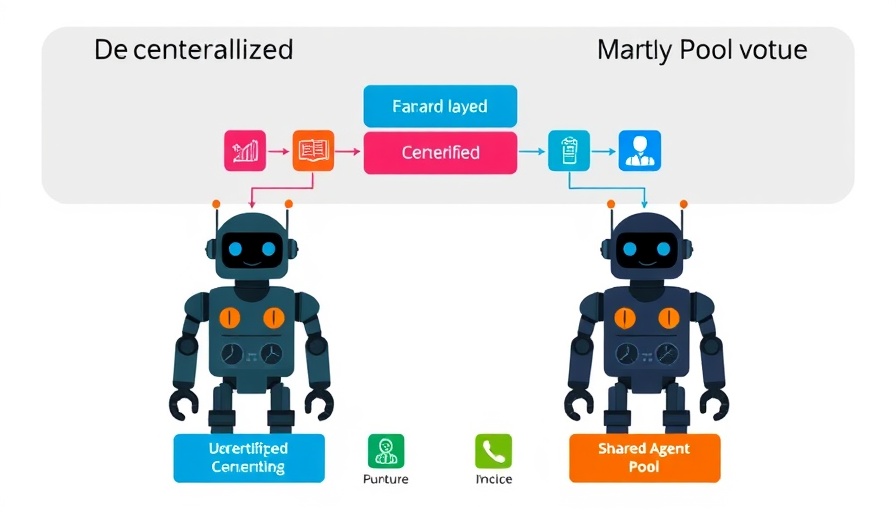
Honda’s Research Achievements in AI
In a remarkable stride for artificial intelligence within the automotive sector, Honda has announced the acceptance of its research paper for presentation at the prestigious ICLR 2025 Workshop, an initiative focusing on AgenticAI. This esteemed conference, scheduled for April 24-28, 2025, in Singapore, is a significant platform in the realms of machine learning and deep learning. Honda's innovative approach, inspired by its unique Waigaya culture, exemplifies a fresh perspective on how AI can emulate the dynamic problem-solving processes of real-world business environments.
The Concept of Multi-Agent AI Systems
Honda's research highlights the limitations of traditional single-agent AI systems that rely on large language models (LLMs). While these models can generate valuable insights, they often struggle to resolve complexities that require interdisciplinary collaboration. The proposed multi-agent AI system aims to overcome these hurdles by enabling several agents, each with domain-specific expertise, to engage in discussions mirroring the collaborative culture within Honda's development teams. This innovative model is designed to enhance the accuracy and stability of AI solutions, offering a promising avenue for more effective problem-solving.
The Essence of Waigaya in AI Development
Waigaya, a cornerstone of Honda's corporate culture, emphasizes open and vigorous discussions to foster innovation. The research indicates that a decentralized discussion style tends to yield the most comprehensive integration of varying opinions, reflecting the efficacy of this culture in a technological context. This blend of corporate ethos with cutting-edge AI research not only showcases Honda’s innovative spirit but also sets a precedent for collaborative AI frameworks in the industry.
Implications for the Automotive Industry
As the automotive industry grapples with rapid technological advancements, Honda’s research plays a pivotal role in paving the way for AI integration in product development. The adoption of multi-agent systems could lead to more sophisticated vehicle features and smarter manufacturing processes, potentially revolutionizing how vehicles are designed, produced, and refined. Such advancements are likely to resonate with dealership principals and general managers looking for competitive advantages in an increasingly tech-driven marketplace.
Future Trends in AI and Automotive Technology
The intersection of AI and automotive technology is set to deepen as companies explore new ways to utilize data. With Honda's groundbreaking study paving the way, we can anticipate further innovations in automated systems that not just assist in vehicle production but also enhance customer experiences and service efficiencies. The industry's transition toward integrating AI significantly emphasizes collaboration over traditional isolated approaches, allowing for richer, multi-faceted problem-solving.
As the automotive sector evolves, staying ahead in terms of technology adoption and understanding finance options, such as the best used car financing rates, can significantly impact dealership success. Understanding these financial metrics is crucial for effectively managing inventory and customer satisfaction in a rapidly changing industry.
 Add Row
Add Row  Add
Add 




Write A Comment